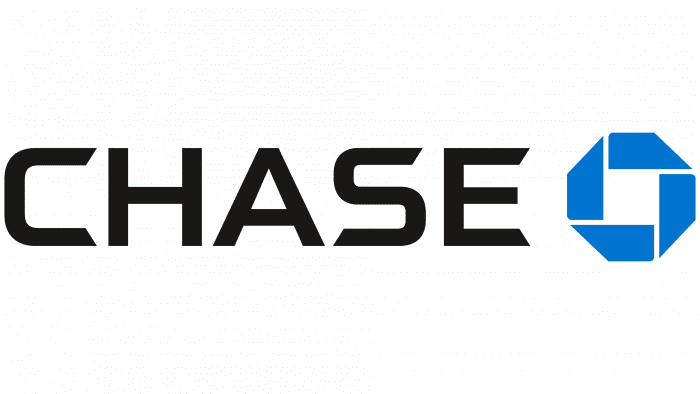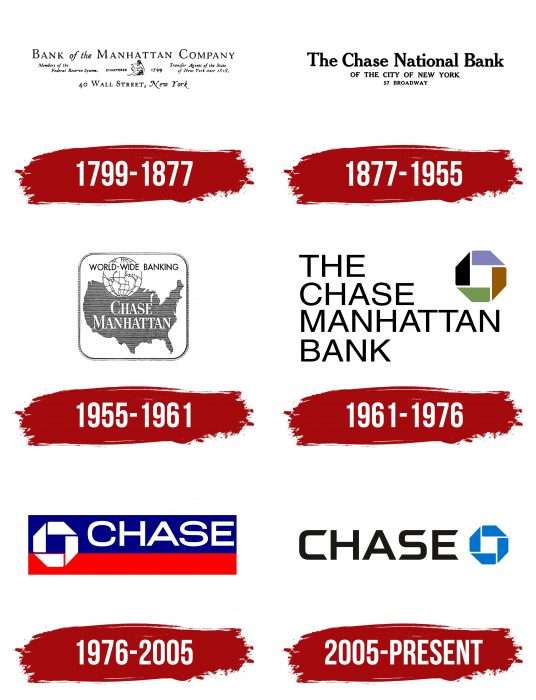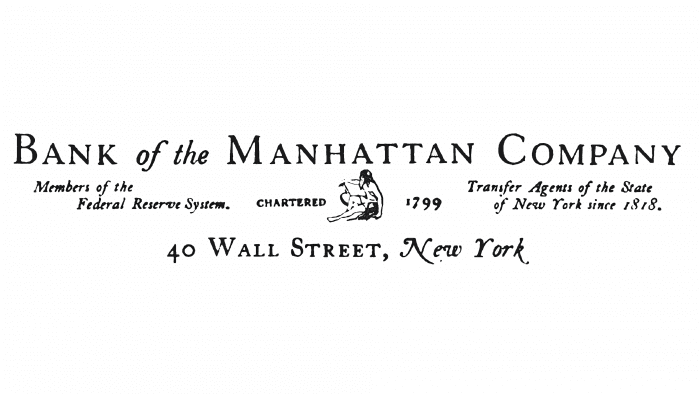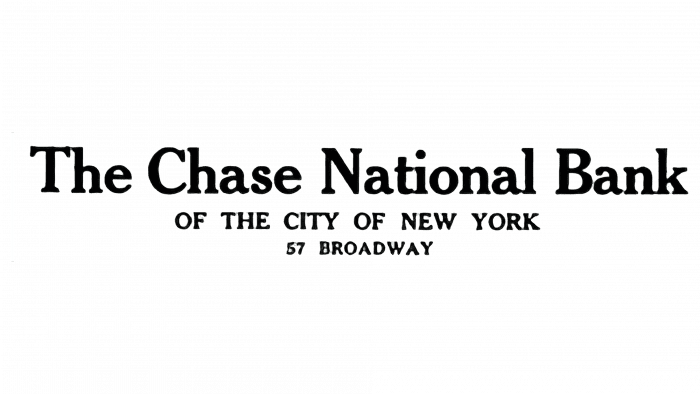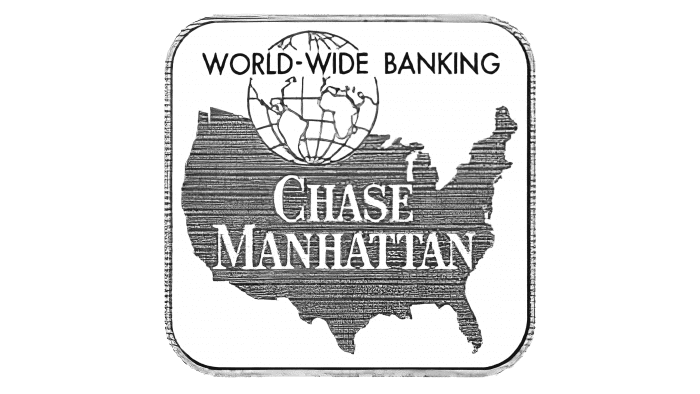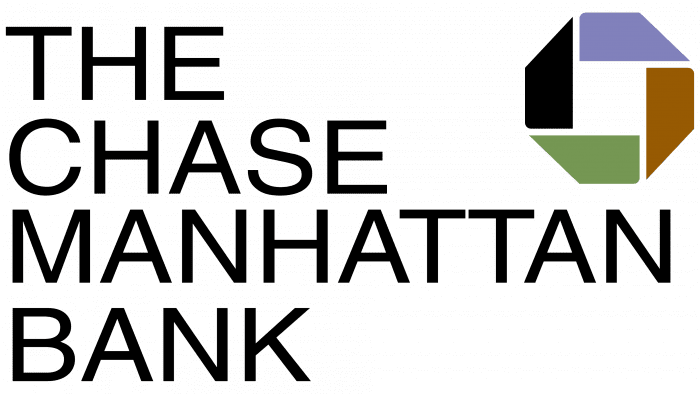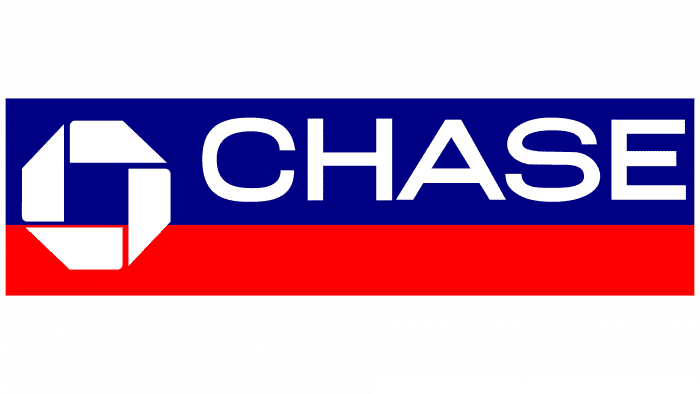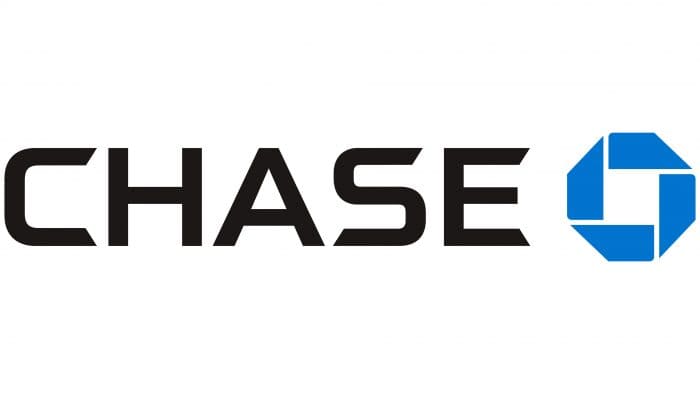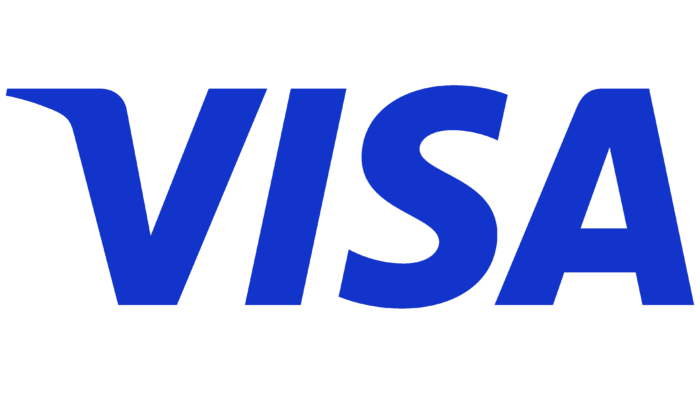The Chase logo demonstrates the turnover of cash deposits. The emblem alludes to the financial association of depositors to manage the currency flow. The organization knows how to handle money and make a constant profit.
Chase: Brand overview
| Founded: | September 1, 1799 |
| Headquarters: | New York City, New York, USA |
| Website: | chase.com |
Meaning and History
The origins of Chase go back to the days before it formally appeared. At that time, only its predecessors existed, and each of these organizations had its logo. The most famous of these is the octagonal mark, developed in 1961.
What is Chase?
Chase is the abbreviation for JPMorgan Chase Bank. It is an American company that provides financial and investment banking services.
1799 – 1877
In 1799 the Manhattan Company bank was created – the distant ancestor of Chase. Its form has survived to this day, on which basic legal information was indicated: the status of the financial institution, name, year of foundation, etc. Different fonts were used for the inscriptions, including printed and handwritten.
1877 – 1955
In 1877, another founder of the modern JPMorgan Chase Bank appeared – Chase National Bank. His letterhead had three lines: “The Chase National Bank,” “OF THE CITY OF NEW YORK,” and “57 BROADWAY.”
1955 – 1961
The two institutions merged in 1955 to form the Chase Manhattan Bank. At the same time, the logo of a new financial organization appeared: the globe’s image against the background of the outline of the United States. A square frame with rounded corners surrounded the geographic features. Inside were the words “WORLDWIDE BANKING” and “CHASE MANHATTAN.”
1961 – 1976
In the early 1960s. New York-based firm Chermayeff & Geismar was involved in the redesign. Experts have proposed eight emblems, including a version with the words “THE CHASE MANHATTAN BANK” (left) and a stylized octagon (right). It consisted of four multi-colored parts that symbolized movement. The white space in the center meant that development starts from the inside. Four figures – blue, green, brown, and black – were like the bank itself, which has many divisions.
But not all Chase Manhattan employees were ready for such experiments: more than half of top managers were against abstract symbols. On the other hand, it was rumored that the octagon was a cross-section of water pipes that were once installed by the Manhattan Company. But the ridiculous assumption was refuted by Ivan Chermayeff himself.
1976 – 2005
After the modernization, the logo’s basis was a rectangle divided into two parts: a blue top and a red bottom. On the left was the already known octagonal figure, and on the right was the inscription “CHASE.” Both elements were white.
2005 – today
In 2004, JPMorgan Chase acquired Bank One Corporation. Marketers have a new goal – to grab customers’ attention in the states where Bank One previously had branches. This was the aim of a redesign carried out in 2005.
The developers have simplified the logo by removing the two-color rectangle. To contrast the image, they made the octagon blue and the caption black.
Chase: Interesting Facts
JPMorgan Chase & Co., commonly known as Chase, stands as a giant in the U.S. financial scene, with roots stretching back over two centuries.
- Early Beginnings: Chase started in 1799 with The Bank of The Manhattan Company by Aaron Burr, making it one of America’s oldest banks. It became JPMorgan Chase & Co. in 2000 after merging with several other banks, including Chase Manhattan Bank and J.P. Morgan & Co.
- Famous Associations: The bank has connections to notable figures like Aaron Burr and John Pierpont Morgan, indicating its deep ties to American financial history.
- The Chase Logo: Its logo, an octagon with a wooden water pipe, recalls its earliest form as a water company before becoming a bank.
- Worldwide Operations: Chase operates globally, serving millions of customers and leading corporate and government clients, highlighting its international finance influence.
- Banking Innovations: It pioneered ATMs in the 1960s, transforming banking convenience.
- Philanthropy: Chase commits substantial funds to global economic development, financial health, and sustainability.
- Financial Education: The bank focuses on financial literacy, providing tools and resources to help people manage their finances.
- Digital Banking Leadership: Chase leads digital banking, offering extensive online and mobile services for convenient finance management.
- Strategic Acquisitions: It has expanded through key acquisitions, like Bear Stearns and Washington Mutual’s assets in 2008, reinforcing its market dominance.
- Sustainability Efforts: Committed to reducing environmental impact, Chase supports clean energy and sustainable development. It is planning to facilitate $2.5 trillion in sustainable finance over ten years to combat climate change and promote sustainability.
JPMorgan Chase & Co.’s evolution from a humble beginning to a forefront position in global finance showcases its innovative spirit, strategic growth, and dedication to customer and community service.
Font and Colors
The main symbol of Chase is an abstract octagon. The Chinese coin inspired geometric design. The white square in the center represents the secure vault.
Modified Zekton Bold font was used for the inscription. Color scheme includes Bright Navy Blue (# 117ACA) and Eerie Black (# 211E1E).
FAQ
What does the Chase symbol mean?
The Chase octagon symbol has a deep meaning and design. It represents the brand’s core values and philosophy.
The octagon is split into four parts, originally colored black, brown, green, and blue. These colors symbolize forward motion. In the center of the octagon is a white square. This square signifies that progress and growth come from the organization’s core.
The designers wanted the symbol to reflect the brand itself. The symbol is a single unit comprising separate parts, showing how the brand operates as a cohesive unit. It integrates different elements and services to provide a complete experience for its customers.
Did Chase change their logo?
The company’s logo has changed over the years, but the core element, the octagon, has remained constant since its introduction. The brand has varied the color and typeface to keep the logo modern and relevant.
The original octagon design was simple and effective. Over time, the brand used different color schemes and font styles to align with contemporary design trends and appeal to new generations of customers.
Despite these updates, the octagon remains a key symbol. Its consistent use helps maintain a strong and recognizable brand identity in the financial industry.
What does the Chase logo mean?
The logo company, particularly the octagon, has a deep meaning. This shape, made of separate parts, shows the complex structure of a bank with interconnected divisions. Each part of the octagon represents different aspects of the bank, reflecting its varied operations.
The center of the octagon represents the core of the brand. It stands for progress and stability, highlighting the brand as a reliable institution in the financial industry.
The sides of the octagon symbolize movement and energy. This design reflects how the brand stays modern while keeping its traditional values.
Who created the Chase Bank logo?
Designers from Chermayeff & Geismar & Haviv created the first version of the Chase octagonal symbol. This design firm, known for its branding expertise, played a key role in shaping the brand’s visual uniqueness.
Chermayeff & Geismar & Haviv are famous for creating many iconic logos. They focus on simplicity and clarity, which is evident in the logo. The octagon they designed reflects the brand’s complex structure and dynamic nature.
The designers aimed for a logo that would endure and convey the brand’s values of progress and stability. The octagon captures these ideas well with its clean lines and distinct shape. This design choice has helped the brand maintain a strong and recognizable identity.
What is Chase Bank’s official name?
Chase Bank’s official name is JPMorgan Chase Bank, NA. This bank is part of the larger financial entity JPMorgan Chase & Co. The brand usually represents the corporation’s consumer and commercial banking side.
JPMorgan Chase & Co. is one of the world’s largest and most well-known financial institutions. It offers various financial services, such as retail banking, investment banking, asset management, and private banking. The brand serves individual consumers, small businesses, and commercial clients.
The name comes from merging historic banking institutions like J.P. Morgan & Co. and Chase Manhattan Bank. This merger combined expertise and resources, creating a major player in the financial industry.
Who owns Chase?
JPMorgan Chase & Co., a leading global financial services firm with assets worth trillions of dollars, owns the brand. It is one of the world’s oldest and largest financial institutions, offering various financial services to individuals, businesses, and governments.
The company was formed by merging several significant banking institutions, including J.P. Morgan & Co. and Chase Manhattan Bank. This merger combined their strengths and expertise, creating a powerful entity in the financial industry.
The brand focuses on consumer and commercial banking, offering products and services like checking and savings accounts, mortgages, credit cards, and loans. The parent company provides investment banking, asset management, private banking, and treasury services.
